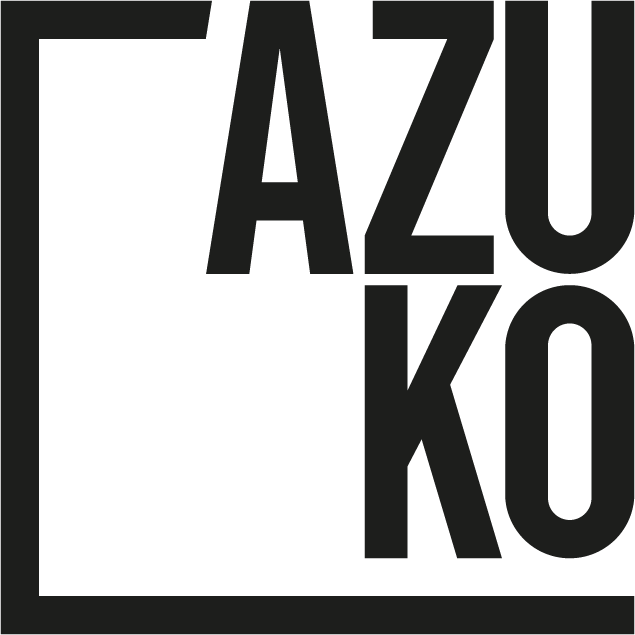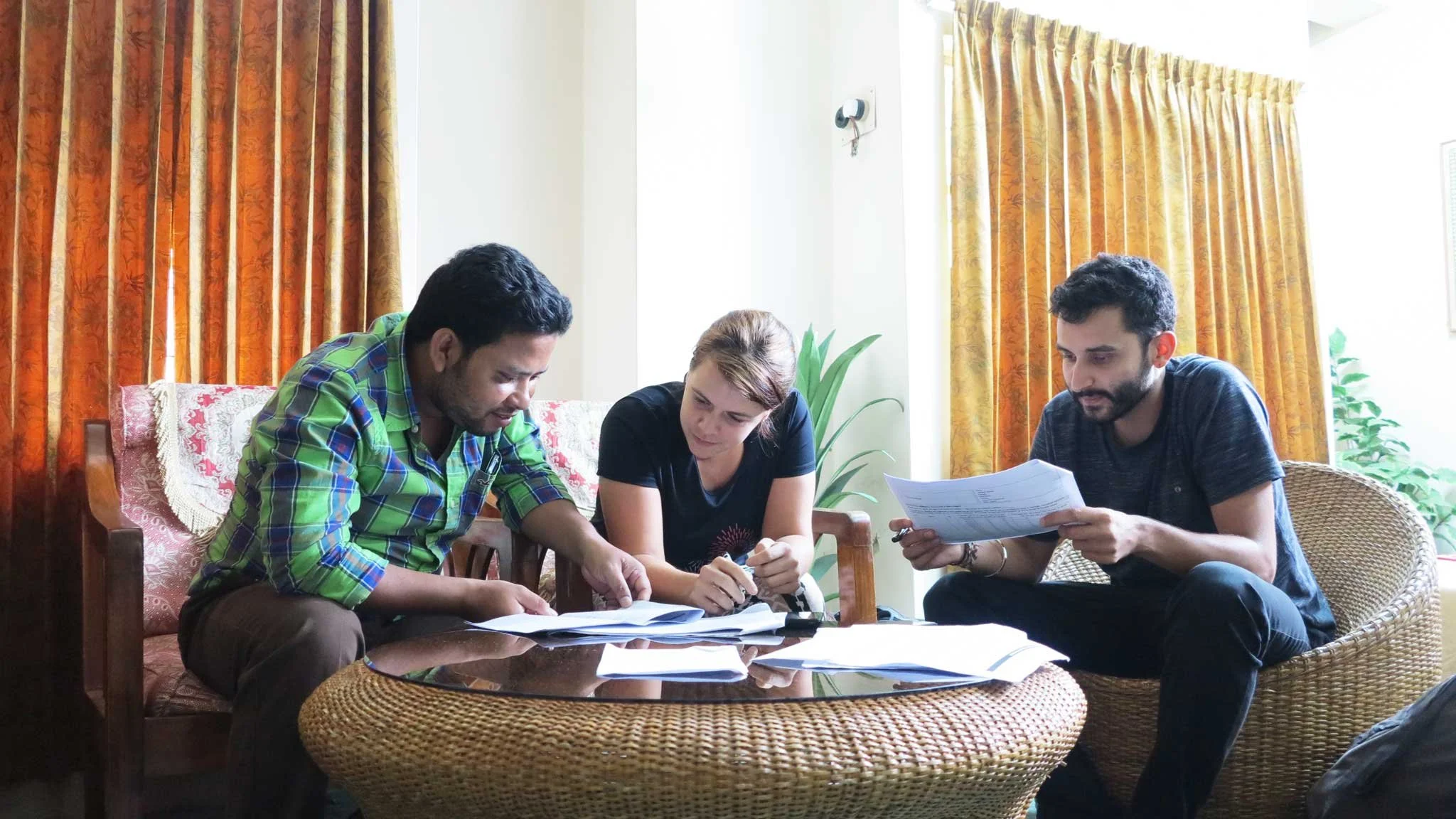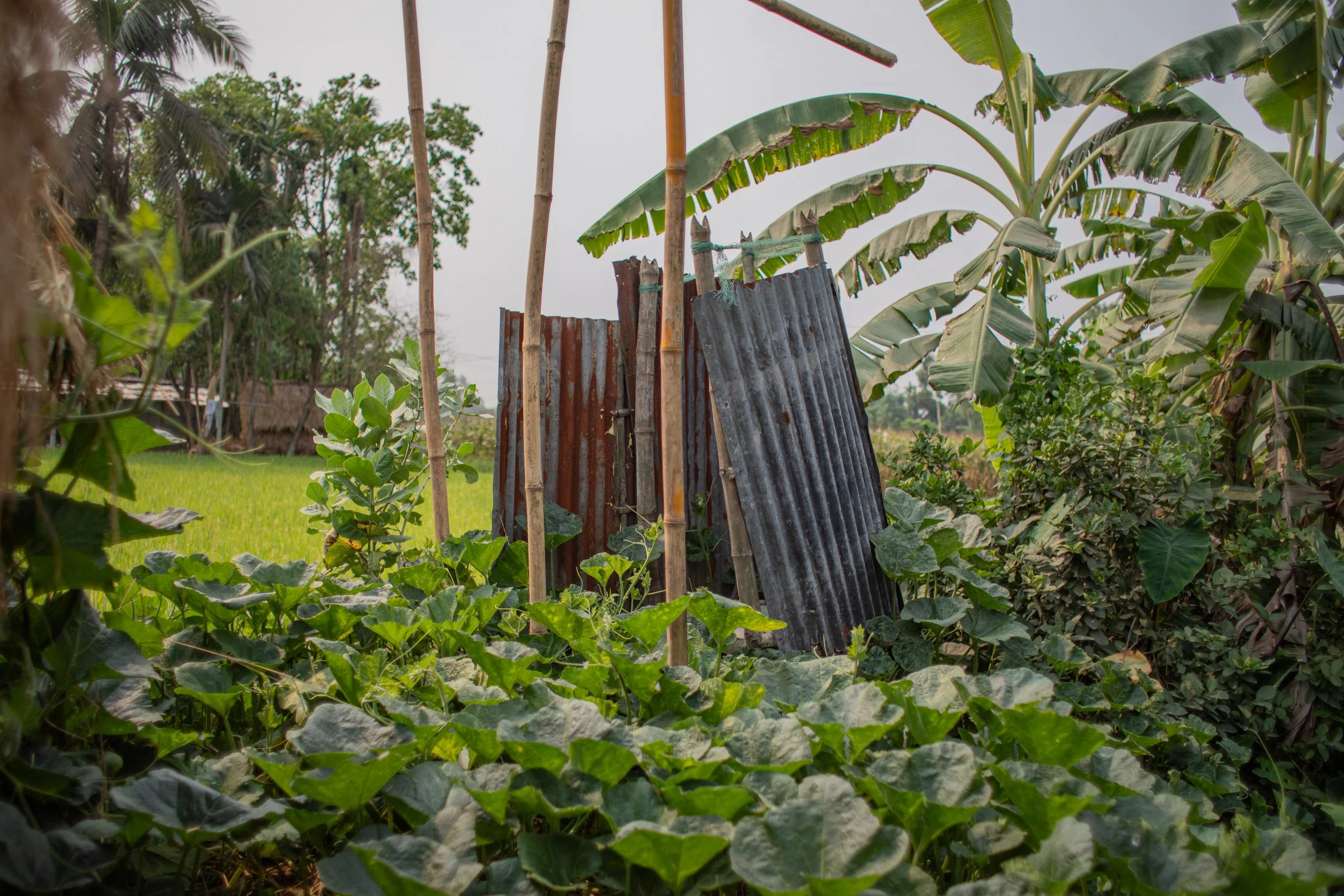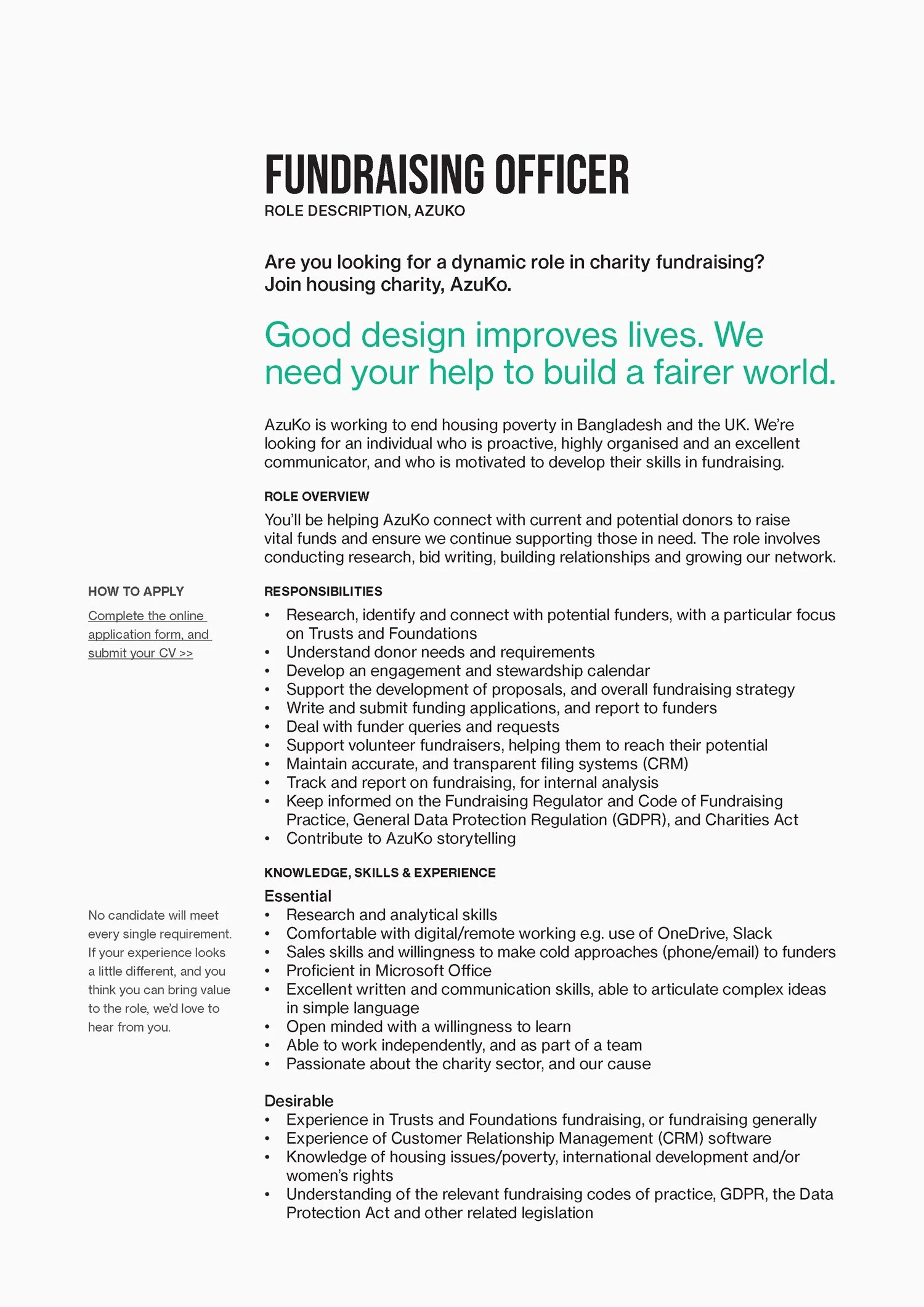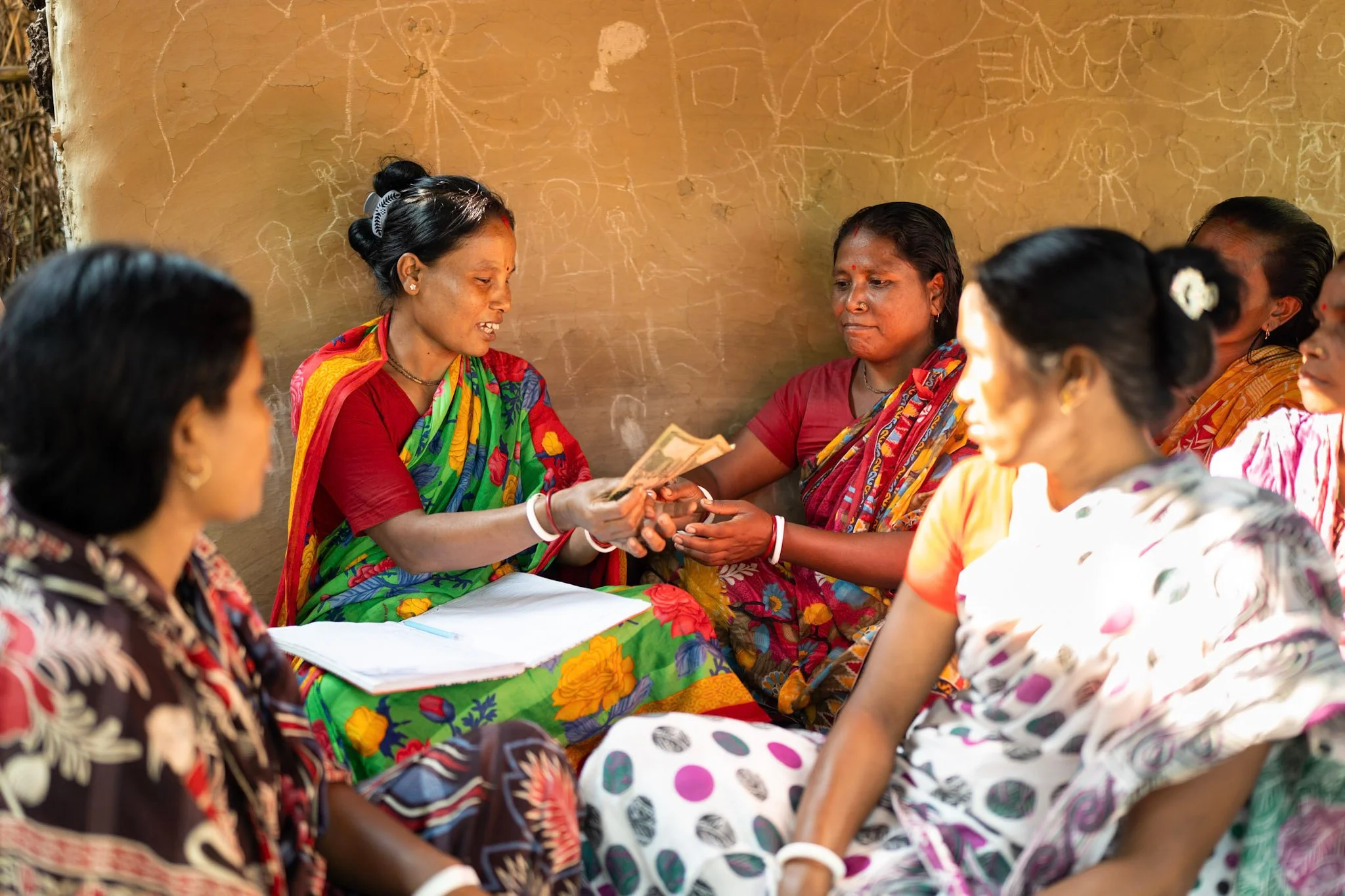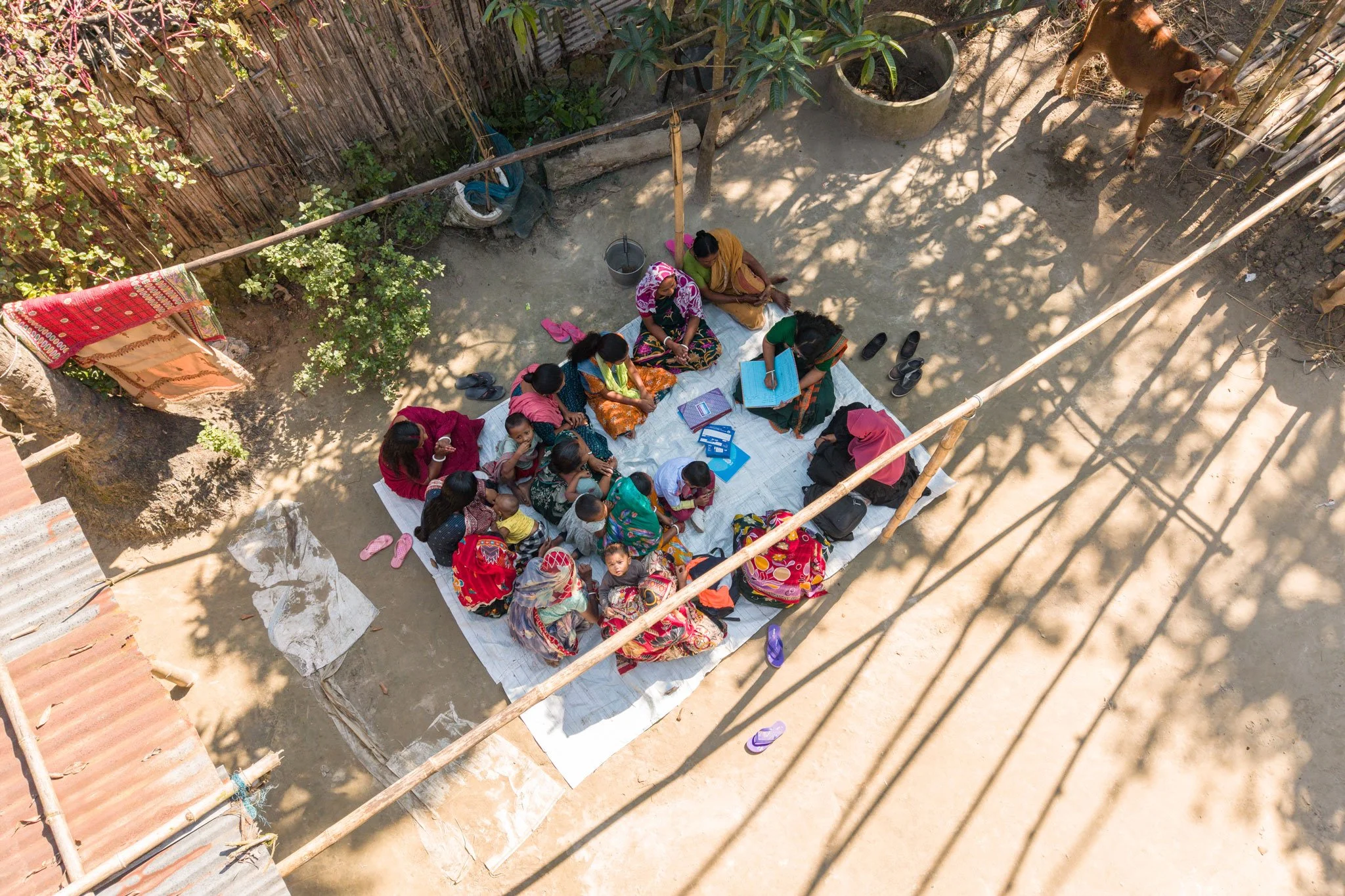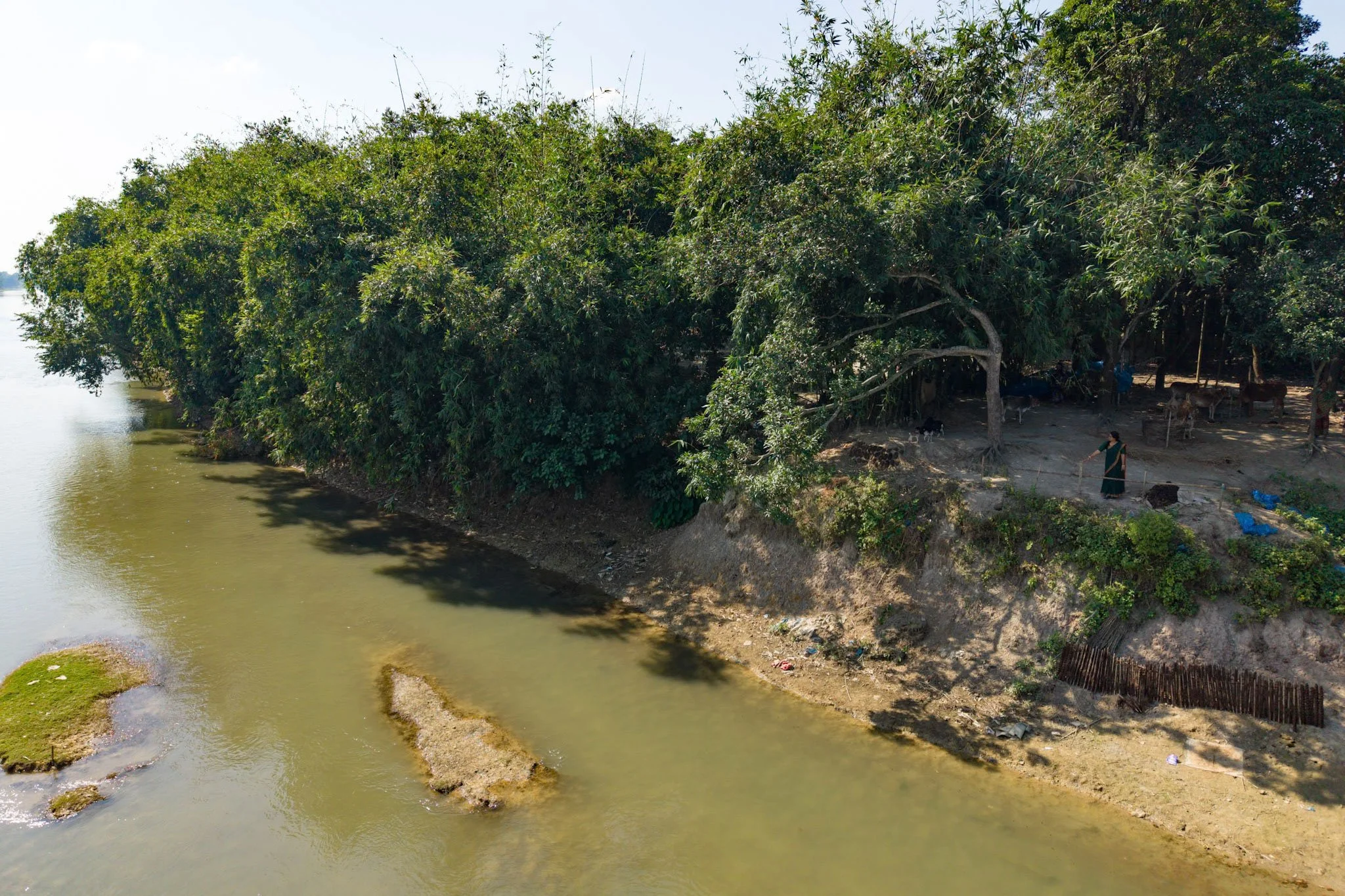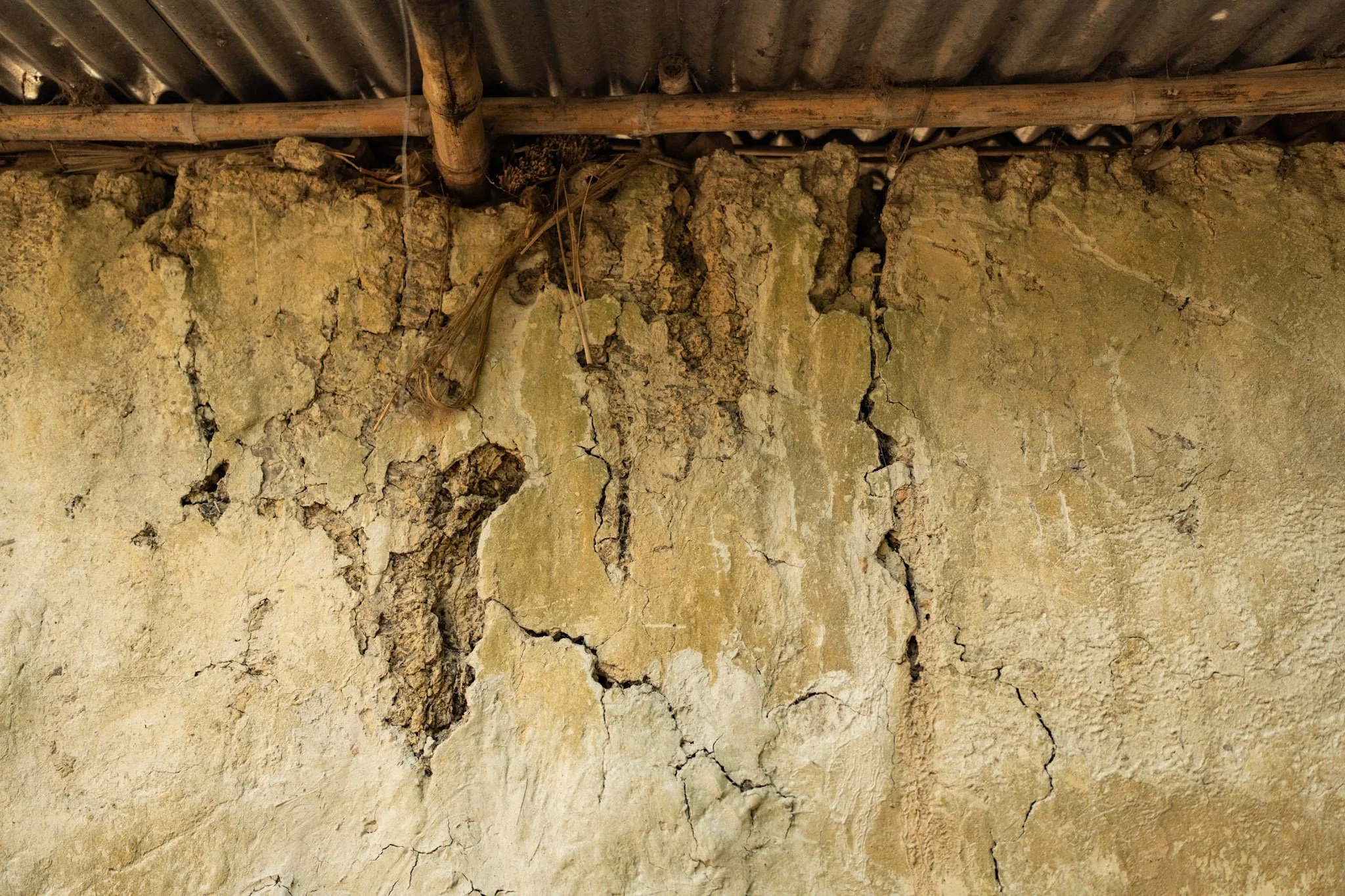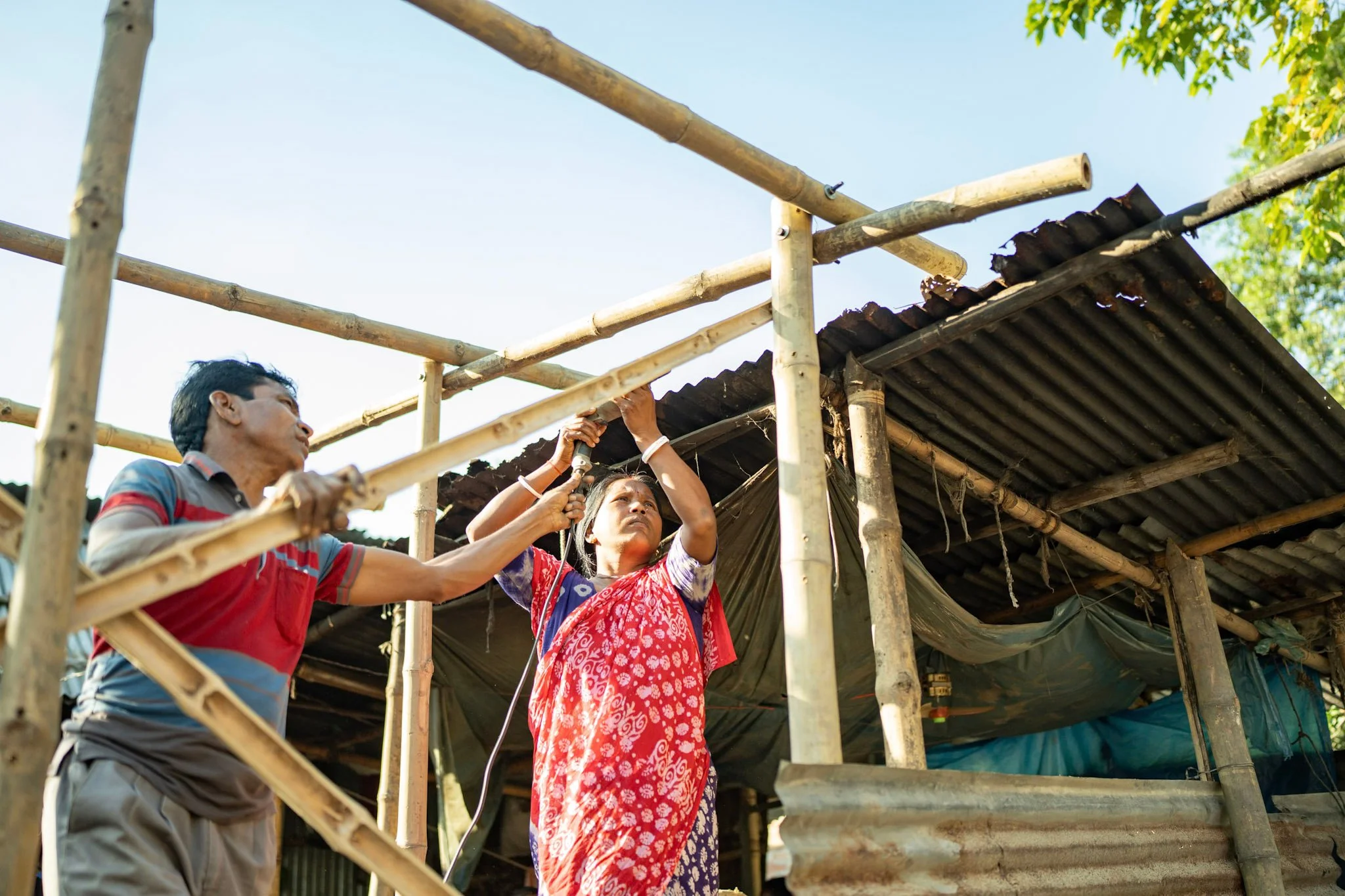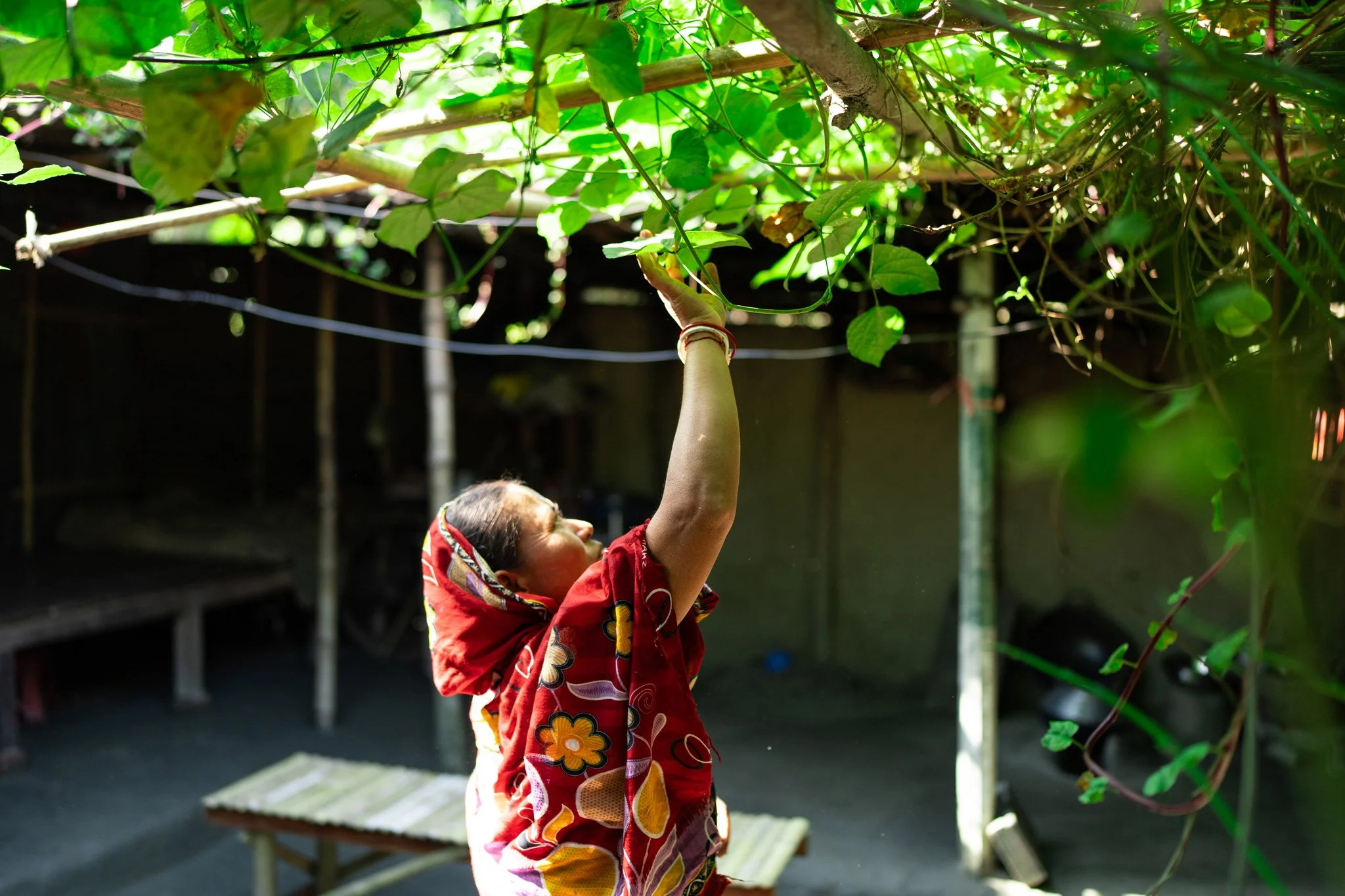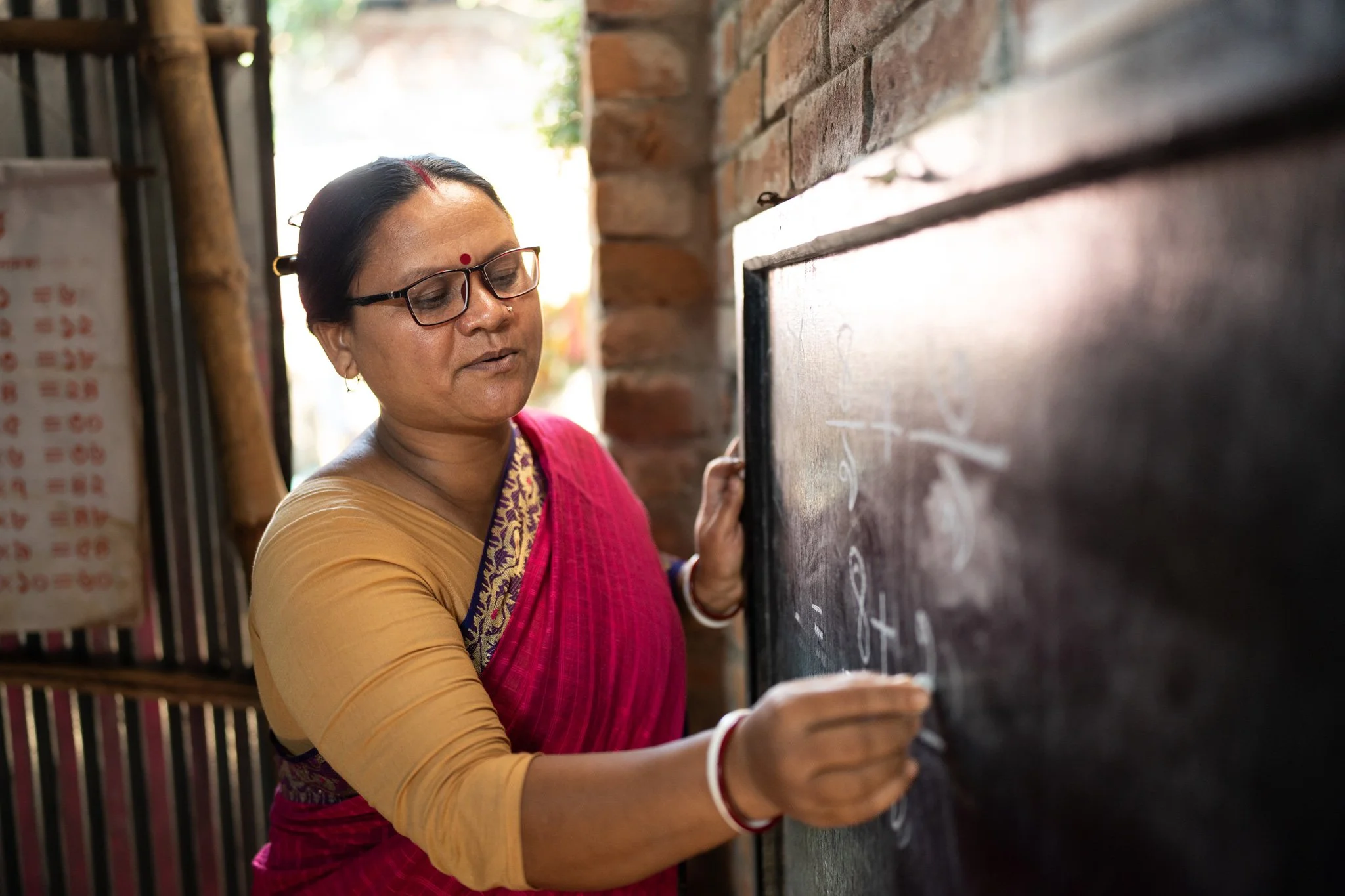UPDATE: Thank you to everyone who applied for this role. We are no longer accepting applications, and will be in touch with applicants shortly.
Looking for a dynamic role in charity fundraising? Join us.
Good design improves lives. We need your help to build a fairer world. We’re looking for an individual who is proactive, highly organised and an excellent communicator, and who is motivated to develop their skills in fundraising.
ROLE OVERVIEW
You’ll be helping AzuKo connect with current and potential donors to raise vital funds and ensure we continue supporting those in need. The role involves conducting research, bid writing, building relationships and growing our network.
It’s an opportunity to develop your skills in fundraising at an innovative and empathic charity. You’ll gain an in-depth understanding of AzuKo, the charity sector, and nature of housing poverty globally.
